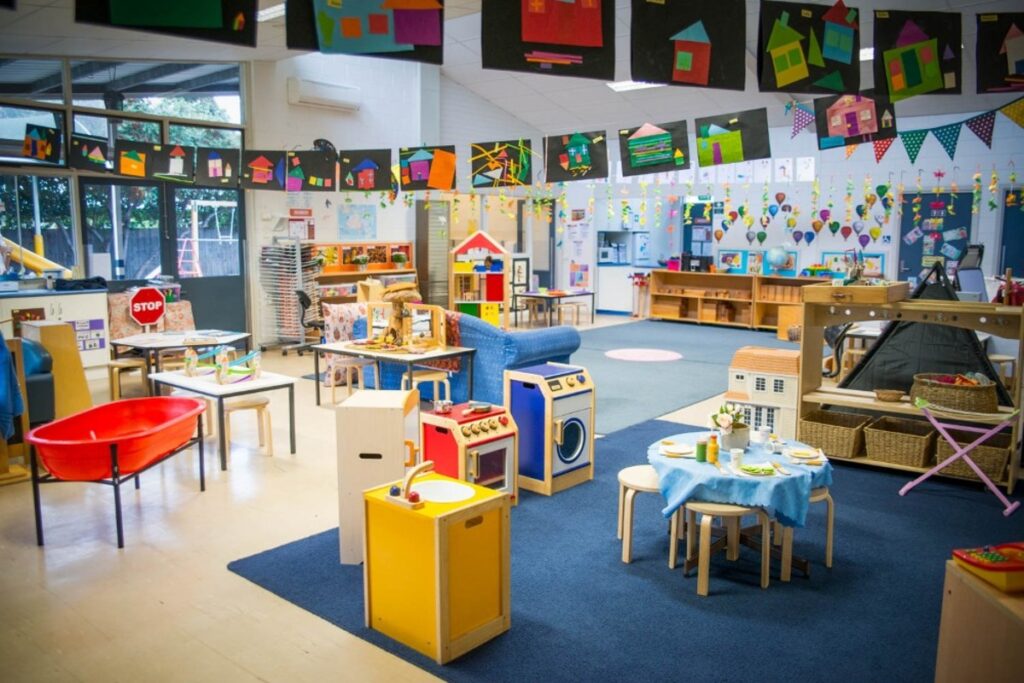All such activities which are arranged alongside the standard study curriculum are called co-curricular activities. Co-curricular activities are considered complementary, and they overlap one another in day-to-day routine of the school. The replacement of the old term “Extra-curricular” with this new term “Co-curricular” is itself a sufficient indication that these activities are no more to be regarded as extra. Rather they are joint activities with the curricular activities.
Importance of Co-Curricular Activities
Students now participate in more engaging learning environments as schools place a greater emphasis on co-curricular and extracurricular activities, which enables them to learn and acquire knowledge in an active manner. The following are the major advantages of co-curricular activities:
- Co-curricular activities help students learn more by making the process more enjoyable and engaging while also assisting them in understanding the relevance of what they are learning.
- Co-curricular activities encourage learners’ natural talents and creativity by fostering their inventiveness, imagination, speaking, and listening skills.
- Co-curricular activities also help young learners to develop their moral character, social skills, and overall personalities.
- Co-curricular activities provide kids a sense of community and teach them the value of contributing to the betterment of their community and the poor as well.
- In addition to keeping kids physically active, extracurricular activities teach them team leadership abilities, collaboration, co-operation, and healthy competitiveness.
Objectives of Co-Curricular Activities
Productive and creative activities help in harmonious development of 4Hs i.e., Head, Heart, Hand and Health. These activities eventually contribute to;
a) Physical Development
During co-curricular activities all the parts of the body work actively. All parts become strong, and the human being shows better work without feeling exhaustion. There is no alternative source to develop the healthy and strong body except exercise and sports like athletics, gymnastics and games.
b) Intellectual Development
During co-curricular activities, the students develop the ability to make quick decisions. It creates more qualities among students and helps them for the search of betterment in practical life. The changing conditions in games and other cultural activities increase the intellectual development, which promotes the creative quality of children.
c) Social Development
Co-curricular activities promote the habit of discipline in students, and they learn to live with one another and recognize the rights of others. It also develops the strong coordination between a person and a team. It also familiarizes students to their environment and values.
Types of Co-Curricular Activities
Academic Development Activities
Morning assembly, Science clubs, Historical societies, educational quizzes, educational trips to zoo, parks, museums etc.
Literary/ Intellectual Development Activities
As the name implies, intellectual development is concerned with enhancing a student’s capacity for reasoning, thinking, relating, and judging. Activities help learners gain experience, view things independently, and build a practical awareness of what is happening around them. The major activities included in this category are poetry, debates, quizzes, lectures, library work, essay writing, and other academic and literacy competitions etc.
Aesthetic Development Activities
These forms of co-curricular activities are commonly held at schools and colleges offering students with an opportunity to take part in events that arouse aesthetic sense. By participating in these events, students can express their creative side through drawing, painting, music, dance, dramatics, exhibitions, fancy dress shows, preparations of charts and models etc.
Cultural Development Activities
Visit to cultural places, folk festivals, religious celebrations including 12th Rabbi-ul-Awal, Urs of saints etc.
Physical Development Activities
Drill, gym, athletics, wrestling, indoor games, outdoor games, swimming, cycling, judo karate etc.
National Integration Activities
Celebration of national and international days e.g., 23rd March Pakistan Day, 14th August Independence Day, 25th December Quaid Day etc., educational trips to various historical places.
Social Welfare Activities
Scouting, girl guiding, red crescent, first aid and social service societies.
Productive Activities
Gardening, soap making, toy making, embroidery, tailoring, knitting etc.
Leisure Activities
Photography, stamp collection, coin collection, album making, decoration by collecting butterflies, match boxes, dry leaves etc.
References
Teachers’ Guide: Concepts and Techniques. Directorate of Staff Development, Lahore.
OTHER RELATED POSTS
